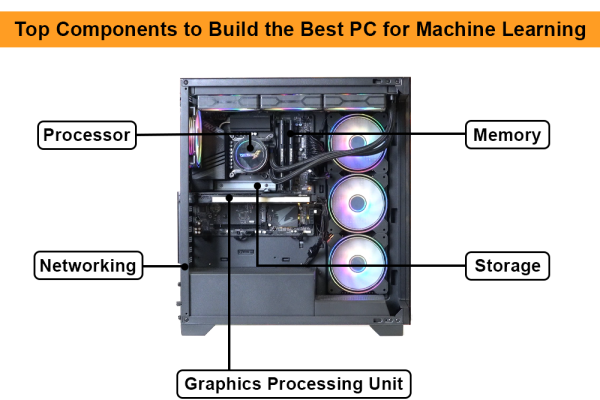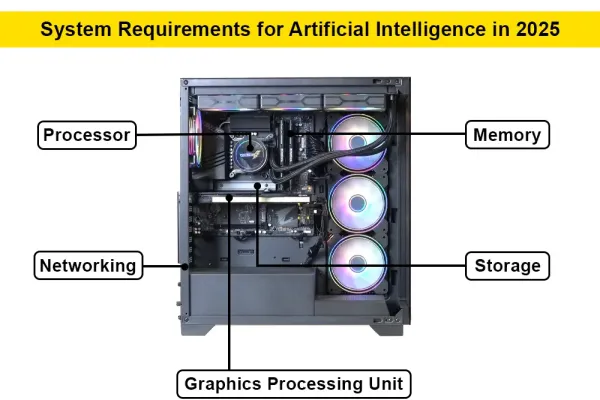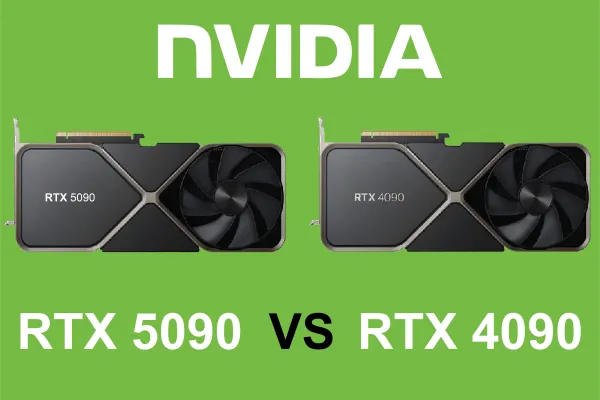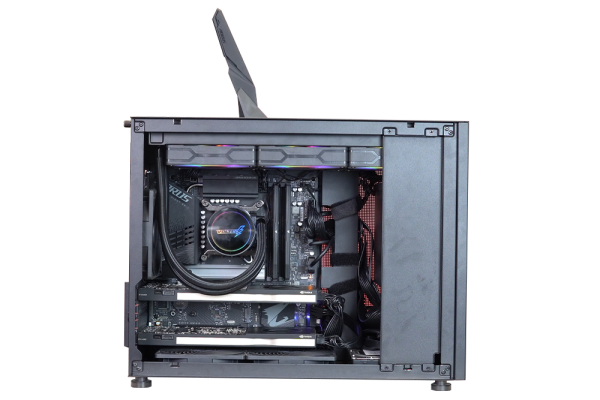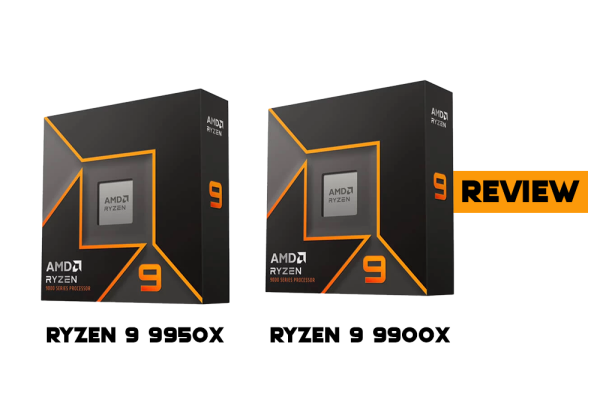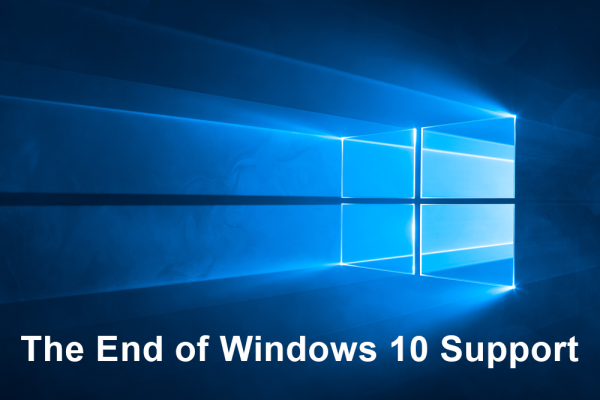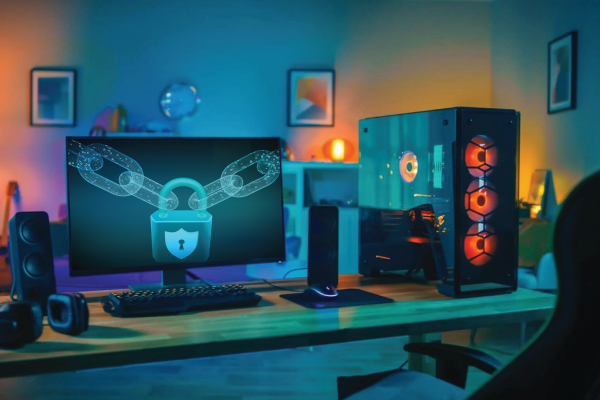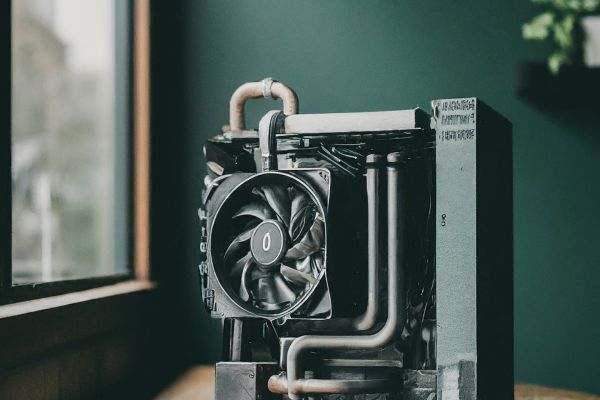
Water-Cooling vs. Air-Cooling: Which is Best for Your PC Build??
Water-Cooling vs. Air-Cooling: Which is Best for Your PC Build?
When it comes to keeping your PC cool, the age-old debate between water-cooling and air-cooling rages on. As more gamers, content creators, and PC enthusiasts push their systems to the limit, choosing the right cooling solution becomes crucial. Whether you’re building a new rig or upgrading an existing one, understanding the strengths and weaknesses of each cooling method can save you a lot of headaches and potentially some cash. Volted PC, a premier custom PC builder, let's dive into the pros and cons of both water-cooling and air-cooling to help you decide which is best for your build.
Understanding Air-Cooling
How Air-Cooling Works
Air-cooling is the most traditional and straightforward method of keeping your PC components at a safe operating temperature. It utilizes heat sinks and fans to dissipate heat away from the CPU and GPU. The heat sink, typically made from aluminum or copper, absorbs heat from the processor and transfers it to its fins, where the fan blows air over them to cool it down.
Advantages of Air-Cooling
Air-cooling systems are simpler to install and maintain compared to their water-cooling counterparts. There are no pumps, reservoirs, or tubing to worry about. This simplicity often translates to higher reliability and a longer lifespan for air coolers.: Air coolers are generally more affordable than water-cooling systems. This makes them an excellent choice for budget-conscious builders who still want effective cooling performance.: Most air coolers are compatible with a wide range of motherboards and cases. This flexibility is beneficial for those looking to upgrade or customize their builds without worrying about specific requirements.
Disadvantages of Air-Cooling
While air coolers are effective for most standard builds, they can struggle to keep temperatures down in high-performance or overclocked systems. The reliance on air movement means that their cooling capacity can be limited in comparison to liquid systems.: High-performance air coolers can be quite large and may interfere with other components, such as tall RAM modules or large GPU cards. Ensuring proper fitment and airflow can be a challenge in smaller cases.: Air coolers, especially those with multiple fans, can be noisier than water-cooling systems. As the fans spin faster to keep temperatures low, the noise can become noticeable, particularly during heavy loads.
Understanding Water-Cooling
How Water-Cooling Works
Water-cooling, or liquid-cooling, uses liquid (usually water) to transfer heat away from the CPU and GPU. A typical water-cooling setup includes a pump, a radiator, water blocks, and tubing. The pump circulates the liquid through the water blocks (attached to the CPU and GPU), absorbing heat and then passing through the radiator where fans help dissipate the heat away from the liquid before it’s recirculated.
Advantages of Water-Cooling
Water has a higher thermal conductivity than air, making water-cooling systems more efficient at transferring heat away from components. This superior cooling performance is particularly beneficial for overclocked or high-performance systems.: Water-cooling setups can be much quieter than air-cooling systems because they rely less on fast-spinning fans to move heat away. This can lead to a more pleasant computing environment, especially for those who value a quiet workspace or gaming area.: Water-cooling systems often have a sleek and visually appealing look. Custom loops with colored coolant and RGB lighting can turn a PC build into a stunning showpiece, adding to the visual allure of your setup.
Disadvantages of Water-Cooling
Installing and maintaining a water-cooling system is more complex than an air cooler. It requires careful planning and a certain level of technical skill to set up the loop correctly and ensure there are no leaks. Regular maintenance is also needed to prevent issues such as algae growth or coolant breakdown.: Water-cooling systems are generally more expensive than air-cooling solutions. The cost of the pump, radiator, water blocks, and other components can add up quickly, making it a less budget-friendly option.: Although modern water-cooling systems are designed to minimize the risk of leaks, the possibility still exists. A leak can potentially damage sensitive components, leading to costly repairs or replacements.
Making the Decision: Air or Water?
Choosing between air-cooling and water-cooling depends on several factors, including your budget, your system’s performance needs, and your comfort level with installation and maintenance. Here are some scenarios to consider:
When to Choose Air-Cooling
If you’re working with a tight budget or are building a system that doesn’t require extreme cooling, air-cooling is a practical and cost-effective choice.: For users who prefer a straightforward setup with minimal maintenance, air-cooling offers simplicity and peace of mind.: For systems running at stock speeds or with mild overclocking, air coolers are typically sufficient to keep temperatures in check.
When to Choose Water-Cooling
If you’re pushing your system with high-performance components or heavy overclocking, water-cooling can provide the enhanced cooling capacity needed to maintain stability and performance.: Users seeking a quieter computing environment may prefer water cooling due to its quieter operation compared to high-speed air fans.: Enthusiasts looking to create a visually impressive build with custom lighting and unique design elements might lean towards water-cooling for its aesthetic possibilities.
Conclusion
Both air-cooling and water-cooling have their own unique benefits and drawbacks. Your choice will largely depend on your specific needs and preferences. At Volted PC, we understand the importance of tailoring each build to meet the individual requirements of our clients. Whether you opt for the reliability of air-cooling or the superior performance and aesthetics of water-cooling, our team is here to help you achieve the perfect balance of performance, noise, and visual appeal for your custom PC build.
Need help deciding which cooling solution is right for you? Contact Volted PC today, and let our experts guide you through the process of building your dream PC.
Posted 1 year agoby Himanshu Sharma



